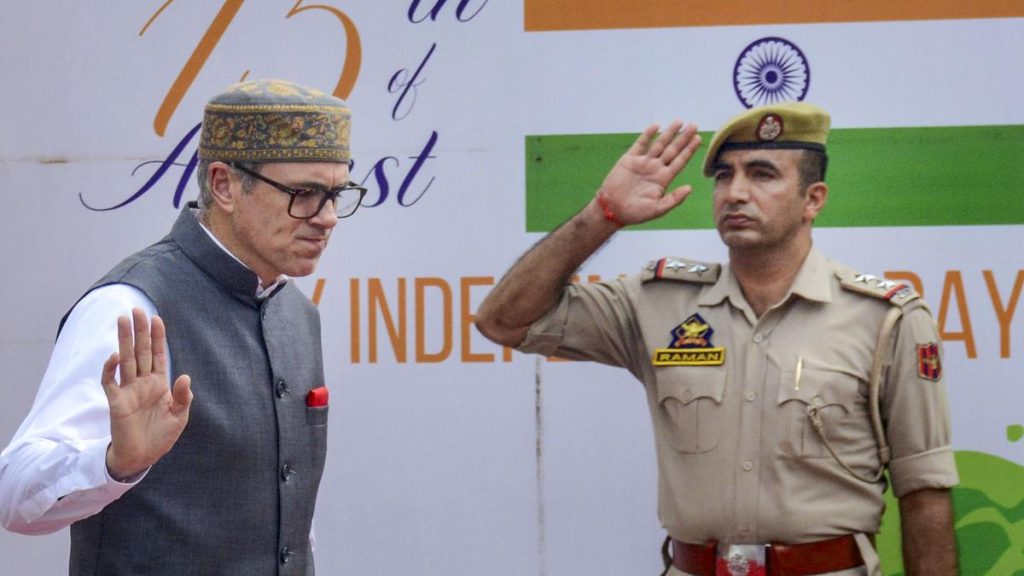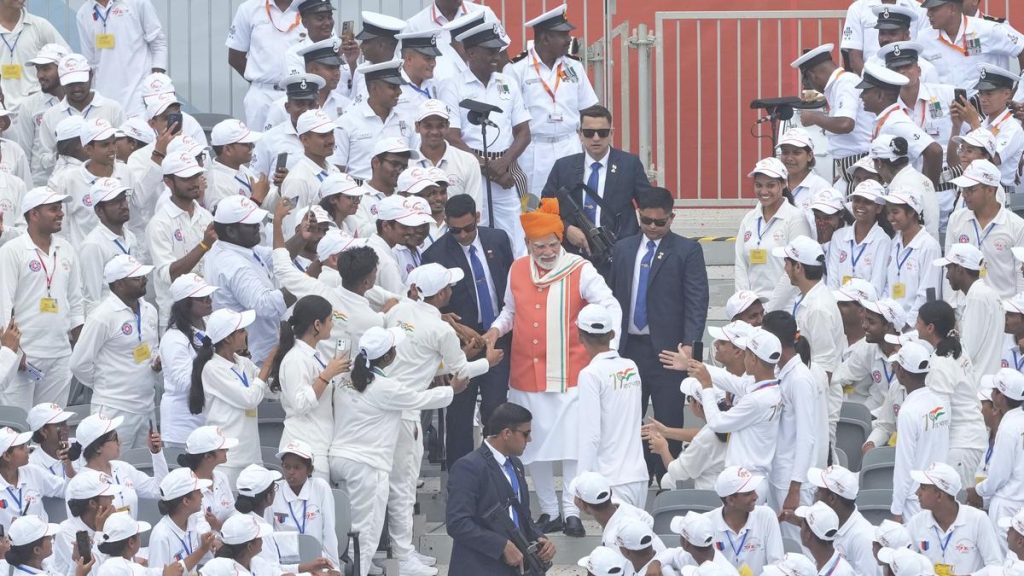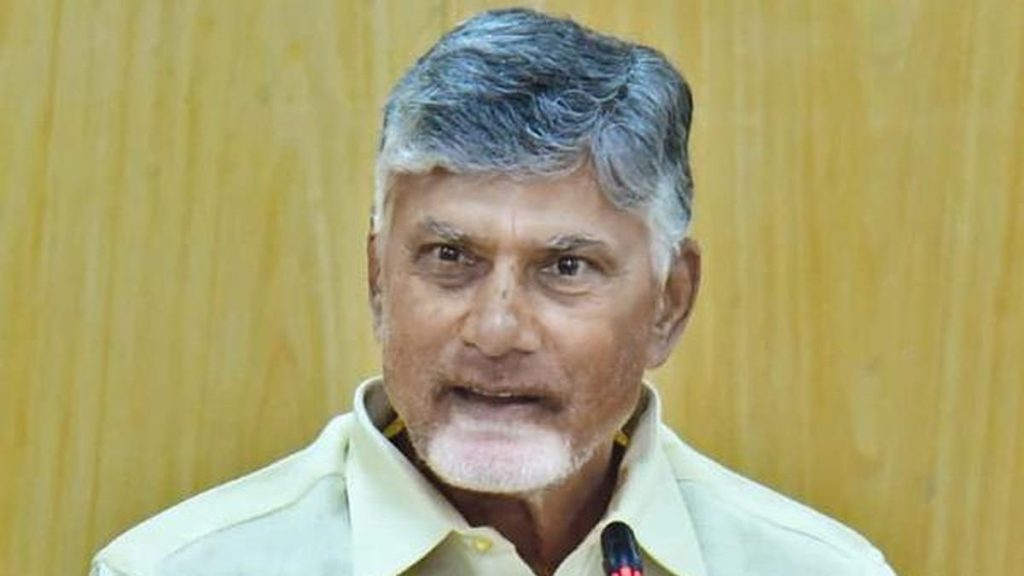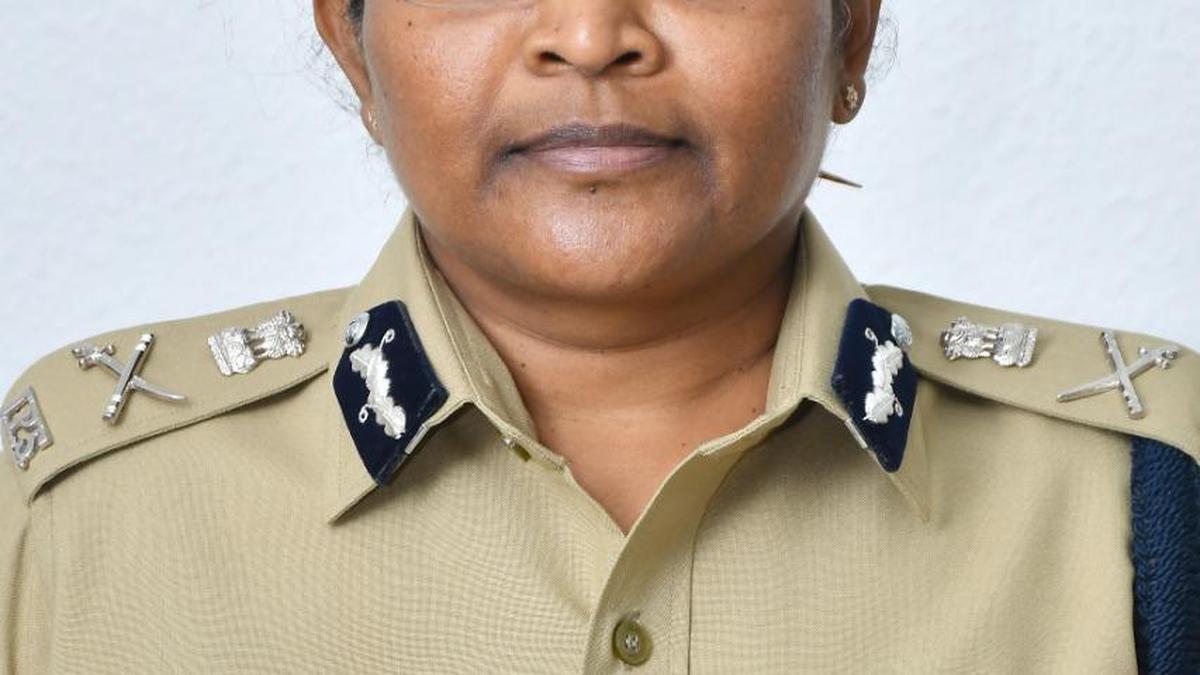Now Reading: HC Asserts Mandatory Procedures for DGP Appointments
-
01
HC Asserts Mandatory Procedures for DGP Appointments
HC Asserts Mandatory Procedures for DGP Appointments

Fast Summary
- The Madurai Bench of the madras High Court emphasized strict compliance with pre-appointment procedures for appointing a Director-General of Police (DGP) in Tamil nadu to ensure independence and clarity.
- The court referred to guidelines set by the Supreme Court, the Union Public Service Commission (UPSC), and a single-window system for empanelment.
- A division Bench comprising Justices S.M. Subramaniam and G. Arul Murugan dismissed a public interest litigation petition seeking immediate empanelment, deeming it premature as the appointment process is ongoing.
- The petitioner had requested both Central and State governments initiate empanelment in line with directions from the Supreme Court’s Prakash Singh vs. Union of India case.
- additional Advocate-general M. ajmal Khan noted that steps toward appointing a new DGP were underway, as incumbent DGP Shankar Jiwal will retire on August 31.
Indian Opinion Analysis
The emphasis placed by the High Court on adhering to established legal frameworks highlights India’s ongoing commitment to maintaining institutional transparency and autonomy in senior-level appointments like that of DGPs. By invoking Supreme Court directives from landmark cases such as Prakash Singh vs. Union of India, this ruling reinforces accountability standards within India’s bureaucratic hierarchy while setting an crucial precedent for future appointments nationwide.
Ensuring procedural integrity benefits both governance and public trust in law enforcement leadership structures-a matter particularly significant given Tamil Nadu’s upcoming transition as current DGP Shankar Jiwal approaches retirement on August 31st, 2025.
Read more: [Source Link]

























